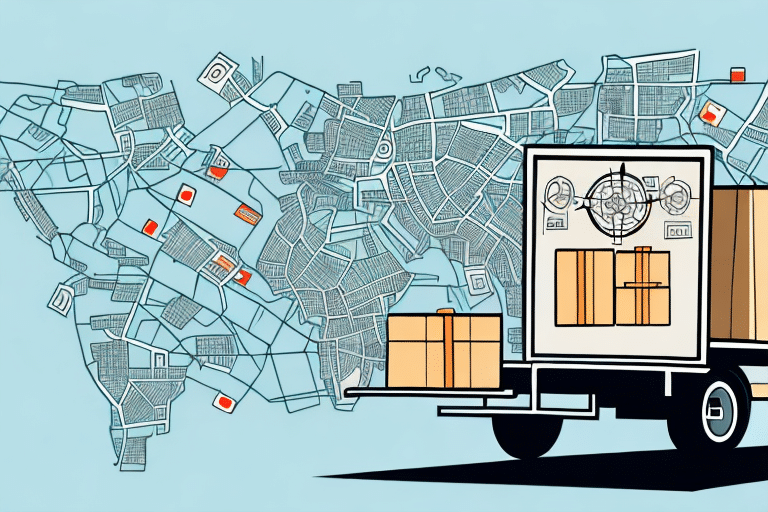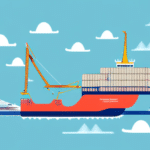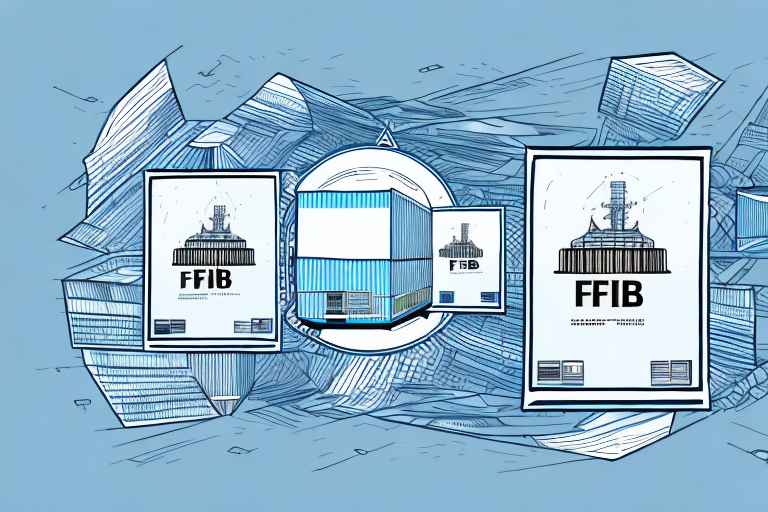Understanding FOB Shipping Terms
In the realm of international trade and logistics, understanding shipping terms is crucial for both buyers and sellers. One of the most pivotal terms is FOB, which stands for "Free on Board." This term defines the point at which ownership and responsibility for goods transfer from the seller to the buyer. Proper comprehension of FOB terms ensures clarity in transactions, reducing potential disputes and enhancing operational efficiency.
What Does FOB Mean in Shipping?
FOB is a widely used shipping term that delineates the responsibilities and liabilities of the parties involved in the transportation of goods. Specifically, it indicates the exact point at which ownership and risk transfer from the seller to the buyer. This transfer point can significantly impact the costs, insurance requirements, and risk management strategies of both parties.
Basics of FOB Shipping Terms
FOB terms are integral to the Incoterms® rules published by the International Chamber of Commerce (ICC). These terms are standardized to facilitate international trade by providing clear guidelines on the tasks, costs, and risks associated with the transportation and delivery of goods. Understanding the specific FOB terms used in a contract helps both parties manage expectations and responsibilities effectively.
FOB Shipping Point vs. FOB Destination
Overview
FOB shipping point and FOB destination are two primary variations of the FOB term, each defining different points of responsibility and ownership transfer. Choosing between them depends on various factors, including the nature of the goods, shipping distance, and the capabilities of the buyer and seller.
Pros and Cons of FOB Shipping Point
FOB Shipping Point, also known as FOB Origin, means that the buyer assumes ownership and responsibility for the goods as soon as they are loaded onto the shipping vessel or vehicle at the seller's location.
- Advantages:
- Transfers shipping costs and risks to the buyer early in the process.
- Allows the seller to quickly complete the transaction and move on to other sales.
- Disadvantages:
- Buyer is responsible for any loss or damage during transit.
- Requires the buyer to arrange transportation and handle logistics.
Advantages and Disadvantages of FOB Destination
FOB Destination signifies that the seller retains ownership and responsibility for the goods until they reach the buyer's specified location.
- Advantages:
- Seller bears the risk and cost of transportation until delivery.
- Buyer does not need to manage logistics, simplifying the purchasing process.
- Disadvantages:
- Seller may incur higher costs, which could be passed on to the buyer.
- Potential delays in the supply chain if the seller faces logistical challenges.
Importance and Legal Implications in International Trade
Why Is FOB Important in International Trade?
In international trade, FOB terms play a vital role in defining the responsibilities of buyers and sellers across different jurisdictions. They influence the allocation of shipping costs, insurance responsibilities, and the management of risks associated with the transportation of goods. Properly defined FOB terms facilitate smoother transactions and mitigate the potential for conflicts.
Legal Implications of FOB Shipping Terms
The selection of FOB terms has significant legal consequences. It determines when the risk of loss or damage shifts from the seller to the buyer. For instance, under FOB shipping point, if goods are damaged during transit, the buyer bears the risk, potentially limiting their ability to claim damages from the seller. Conversely, FOB destination keeps the risk with the seller until delivery, providing the buyer with more protection. Understanding these legal nuances is essential for drafting contracts that accurately reflect the intentions and protections desired by both parties.
Choosing Between FOB Shipping Point and FOB Destination
How to Determine Which FOB Term to Use
Selecting the appropriate FOB term depends on various factors, including the nature of the goods, shipping distance, the logistical capabilities of the involved parties, and the level of control desired over the shipping process. Both buyers and sellers should assess their priorities and capabilities to choose the term that best aligns with their operational needs.
Factors to Consider When Choosing
- Nature of the Goods: Fragile or high-value items may benefit from FOB destination to ensure careful handling.
- Shipping Distance: Longer distances increase the risk and potential costs, influencing the choice of FOB term.
- Local Regulations and Customs: Understanding the import/export regulations can affect the feasibility of managing logistics.
- Transportation Infrastructure: Reliable logistics networks facilitate smoother transactions under FOB shipping point.
- Market Demand: High-demand markets may require more flexible shipping terms to meet customer expectations.
Negotiating and Managing FOB Terms
Tips for Negotiating Favorable FOB Shipping Terms
- Clearly specify the loading and unloading points to avoid ambiguities.
- Define the delivery schedule to align with business needs.
- Agree on the extent of insurance coverage to mitigate risks.
- Clarify payment methods and terms to ensure financial security.
- Include clauses for unforeseen events, such as force majeure and dispute resolution.
- Obtain and compare quotes from multiple carriers to secure competitive rates.
Common Misconceptions About FOB Shipping Terms Explained
- FOB means that the seller pays for the shipping: False. FOB defines the transfer of ownership and risk, not necessarily the payment responsibilities.
- FOB only applies to sea or ocean shipments: False. FOB can be applied to any mode of transportation, including air, rail, and truck.
- FOB guarantees timely and secure delivery: False. FOB determines liability and ownership transfer but does not ensure the quality or reliability of the shipment.
- FOB is always the most cost-effective option: False. The cost-effectiveness of FOB depends on the specific context and requirements of the transaction.
How to Ensure Compliance with FOB Shipping Requirements
- Research and adhere to local shipping and customs regulations to avoid legal issues.
- Select reputable and experienced logistics providers to handle the shipment.
- Prepare accurate and complete shipping documentation to facilitate smooth transit.
- Monitor shipment status and maintain regular communication with all parties involved.
- Maintain thorough records of shipments and any issues that arise to support potential claims or disputes.
The Role of Logistics Providers in Facilitating FOB Shipments
Logistics providers, including freight forwarders, customs brokers, and transportation companies, are instrumental in managing FOB shipments. They offer expertise in navigating complex international trade regulations, arranging transportation, handling customs clearance, and providing insurance services. Partnering with reliable logistics providers ensures that FOB shipments are executed efficiently and in compliance with all relevant regulations.
Best Practices for Managing Risks Associated with Using FOB Shipping Terms
- Select the appropriate FOB term that aligns with your risk tolerance and operational capabilities.
- Ensure proper packaging, labeling, and documentation to minimize the risk of damage or loss.
- Implement continuous shipment monitoring to promptly identify and address any issues.
- Respond swiftly to claims or disputes to resolve them effectively and maintain business relationships.
- Regularly review and update FOB policies and procedures to adapt to changing market conditions and regulatory requirements.
Conclusion
FOB shipping terms are a fundamental aspect of international trade, determining the transfer of ownership, responsibility, and risk between buyers and sellers. By understanding the nuances of FOB shipping point and FOB destination, businesses can make informed decisions that enhance their operational efficiency and profitability. It is essential to negotiate clear terms, comply with regulations, and partner with experienced logistics providers to navigate the complexities of global supply chains successfully.
Additional Resources
For more detailed information on FOB terms and Incoterms®, refer to the International Chamber of Commerce (ICC) Incoterms® Rules.






















